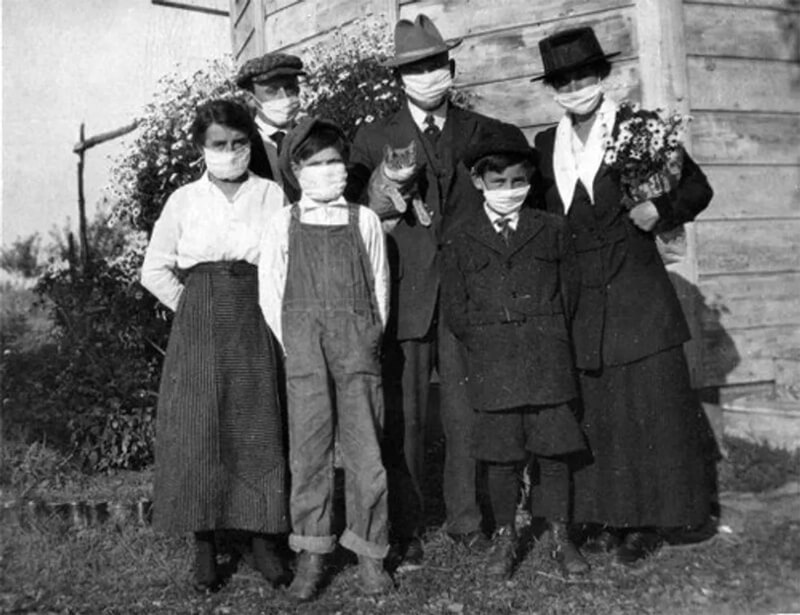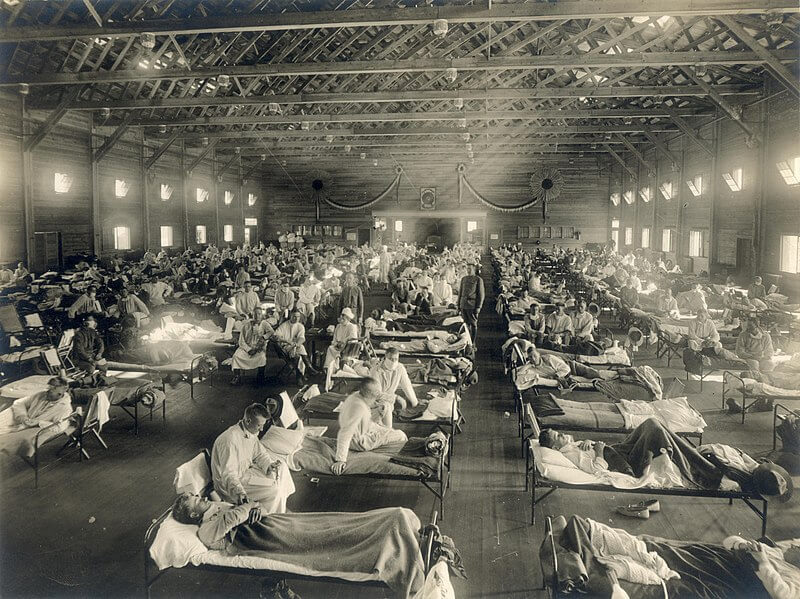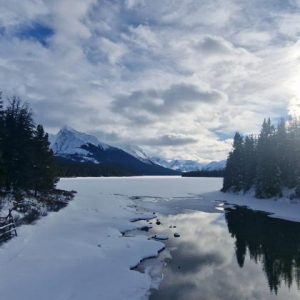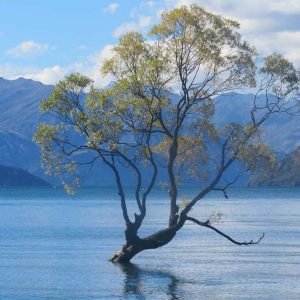You won’t have heard of the Italian poet Piero Tomasello, or read any of his work.
Unless, that is, you travel up into London, or down into Kent, from a railway station called Shortlands, which is located at the end of the road in which I live.
You see, when he was not being a poet, Piero Tomasello ran the coffee stall in the station booking hall.
 That’s where I met him, because I go to that station every morning, either to catch a train or, usually, collect my newspaper from the kiosk which is also in the booking hall.
That’s where I met him, because I go to that station every morning, either to catch a train or, usually, collect my newspaper from the kiosk which is also in the booking hall.
(The kiosk is run by Mr. Bhavin Patel, who is not, as far as I know, a poet, though he is an equally splendid fellow. However, constraints on time and space mean we cannot dwell on him.)
Early in 2019 – or possibly late in 2018 – Mr. Tomasello called me over to his counter and put a proposal to me. A literary proposal.
He wanted me to translate his poems into English.
I protested that my Italian was not good enough for such a task. It is just about capable of enabling me to order a meal in an Italian restaurant, though even that is now redundant, as most of the waitresses in London’s Italian restaurants are from Eastern Europe.
Mr. Tomasello brushed aside my objection. He would provide a very rough translation, he said, using his own knowledge of English with a little help from Google Translate. My task was to add polish to his words.
I hesitated. He pounced. He produced a couple of A4 sheets of paper on which one of his poems had been printed. One sheet Italian, the other English (of a sort). He pressed them into my hand, offered me an espresso on the house (which I regretfully declined, having already had two coffees that morning and it was not yet 9.15), and waved me on my way with a smile.
So began a very unlikely literary collaboration. As the months passed, he sent his poems to me and I tried to capture their meaning and metre in English.
We agreed from the outset that his rhymes would have to be sacrificed, so “blank verse” is what I suppose you could call what I produce. If you are being generous.
With time, he became more prolific, and more ambitious. He talked of having a book printed, with the Italian and English versions of his work on facing pages.
He took to Sellotaping original and translated versions of his poems to the coffee machine, so customers could read them while they waited for their beverage.
I thought this was not a good idea, as commuters stop at the counter on their way to catch a train into the City, or Victoria. I assumed they would be in a hurry and so not have time for, let alone appreciate, a poetry break. I was wrong.
Mr. Tomasello said his poems were read and enjoyed. Some of his customers admired them in their original Italian. Most had to settle for my English version. However, they liked them, and said nice things about them.
Now I appreciate that this “Now and Then” has nothing whatsoever to do with holidays and travel of the Silver or any other kind. But I wanted to tell you about Mr. Tomasello, and, indeed, about the railway station which is unique in many ways.
In addition to a resident poet/coffee maker, it has a Station Mistress who raises money for charity by having a summer fête in the car park, and a bookcase (alongside the coffee stall) filled with donated paperbacks and hardbacks and DVDs selling for 50p or £1.
She decorates the booking hall at Easter, Hallowe’en and Christmas, and very good it looks, too.
I know everybody complains about train travel, and the cost of fares, nowadays, but we of the Silver generation are lucky not to have to endure the morning and evening horrors of commuting. And my experience is that the train service to and from London from this local station is far better than it ever was, with longer, cleaner and smoother running trains, so you’ll get no complaints from me.
Anyway, Piero Tomasello continued e-mailing his poems to me, and I continued wrestling them into English.
I soon realised that Google Translate has to be approached with great care. Uppermost in my mind was the story of the computer that translated “Out of sight, out of mind” as “Blind idiot”.
 But I beavered away quite happily. As did Piero. Until Coronavirus arrived.
But I beavered away quite happily. As did Piero. Until Coronavirus arrived.
The coffee stall closed. So did the newspaper kiosk. So did the station. Eventually station and kiosk re-opened. The coffee stall did not. Piero was nowhere to be seen.
I feared for his health, for he is not a young man, but he reappeared last week, to visit his friends at the station, for he is unable to re-open his stall. He is keeping well, though recently underwent surgery for some age-related ailment.
He has resumed writing his poems, and resumed sending them to me. His proposed book is also in preparation, with a couple of proper academics on hand to check on our respective efforts. A prospect which worries me slightly.
When we last spoke, he was full of his former enthusiasm. He said we had to make the most of the times in which we are living and overcome obstacles and do our best to carry on as if those times were normal.
 By a strange coincidence, at the very instant I was writing those last sentences and thinking about Piero’s optimism and zeal, an e-mail popped up. Jennie Carr had sent me some photographs taken during the Spanish Flu pandemic of 1918.
By a strange coincidence, at the very instant I was writing those last sentences and thinking about Piero’s optimism and zeal, an e-mail popped up. Jennie Carr had sent me some photographs taken during the Spanish Flu pandemic of 1918.
Looking at those pictures, I realised that, over a century ago, people were tackling something far more deadly and, dare I say it, far more scary, than Covid-19. They donned masks and practiced “social distancing” (though I’m sure they didn’t call it that). They did what needed to be done, and battled through to the end of it.
Jennie’s pictures were a reminder that the world did not end then, and is not going to end now. They got through it. So can we.
We have far more going for us than they had back in 1918. We enjoy vastly improved healthcare, a wealth of knowledge, as well as advances in global communication, in science and technology beyond their wildest dreams.
But even without all our 21st century advantages, as Jennie’s pictures show, they tried to live their lives as normally as possible.
Which is exactly what Piero Tomasello is doing. So am I.
And how about you…?
Read Piero’s Italian poem followed by my English version below:
Immaginando Parigi a Londra
Una leggera pioggia cade, un pó di freddo incombe,
l’azzurro del cielo é nascosto da banchi di nubi grigie;
gli alberi si stanno spogliando.
Pochi passanti si affrettano sulla strada…
perché rombi di tuoni, in lontananza,
preannunciano una pioggia poco amichevole… poco romantica.
Stringo tra le mani una tazza di caffé fumante,
che sorseggio, mentre dalla mia finestra
osservo la pioggia venire giú.
Una musica jazz, suonata da un piano da qualche parte,
stranamente mi fa ricordare Parigi sotto la pioggia e le sue tante luci.
Smette di piovere e le strade adesso brillano
di mille goccioline, riflettendo la luce del sole,
che timidamente é magicamente ritornato,
– come un vagabondo che riappare sulla strada
dopo essersi riparato in qualche angolo segreto…
Il tutto é adesso come un quadro
dagli effetti bagnati e brillanti.
Decido di scendere sulla strada
per ”respirare” l’odore del bagnato…
immaginando pure, che gli olezzi
che vengono fuori dai pubs e dai ristoranti,
siano come quelli delle brasserie e dei bistrot parigini.
Incontro un amico per strada… salutandolo: ”Bonsoir!”…
non risponde al mio saluto, guardandomi stranamente!
Sorrido tra me e me…:
”la fantasia ci inganna, ma ci sostiene… e ci fa sognare!”
Piero 2020
Paris in London – In the Imagination
The rain may be light but there is a chill in the air.
Banks of grey cloud conceal what trace of blue remains in the sky.
The trees have lost their leaves.
A few people scurry by.
Distant thunder foretells rain to come.
There is no romance here.
Sipping coffee from my cup, I watch from the window as the rain comes down.
Then, from somewhere nearby, a piano starts to play. Jazz.
And, suddenly, strangely, everything reminds me of Paris.
Paris, the city of lights.
The rain stops. The wet streets shine, reflecting, through a thousand droplets, the pale sun that has hesitantly but magically appeared.
Like a wanderer who has returned after hiding in some secret, distant place.
Everything is transformed into a painting – the damp streets, the reflected light now an artist’s creation.
I decide to walk a while. To inhale the fresh air. Air cleaned by the rain.
I imagine, too, that the smells from the pubs and restaurants that I pass are the smells of the bistros and brasseries of Paris.
I meet a friend. I greet him “bonsoir”.
Looking at me strangely, he does not respond.
I smile to myself, thinking that, though fantasy may deceive us, it nourishes our dreams.











